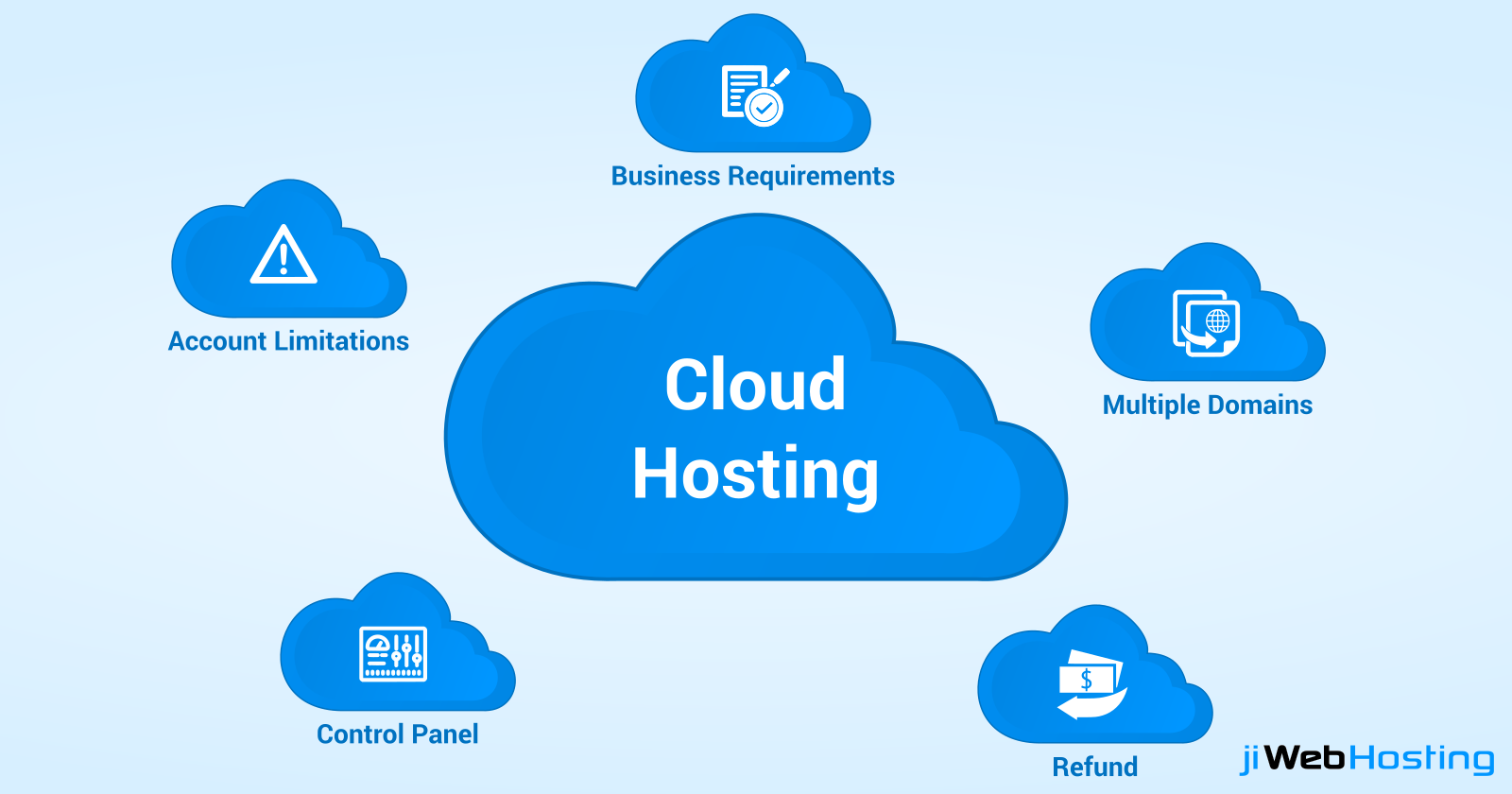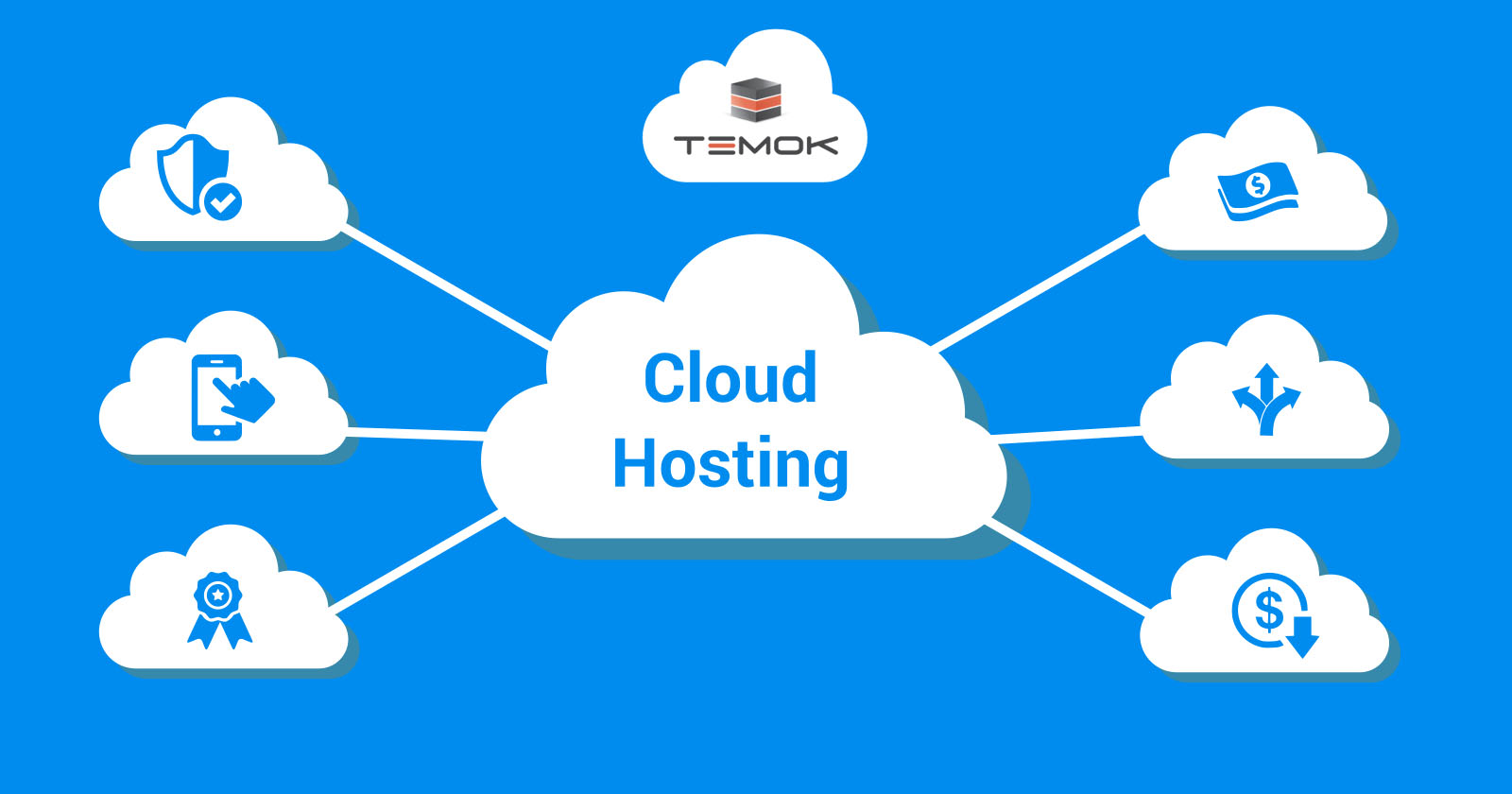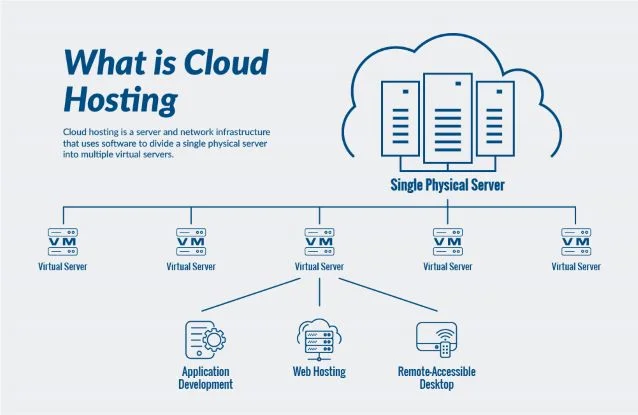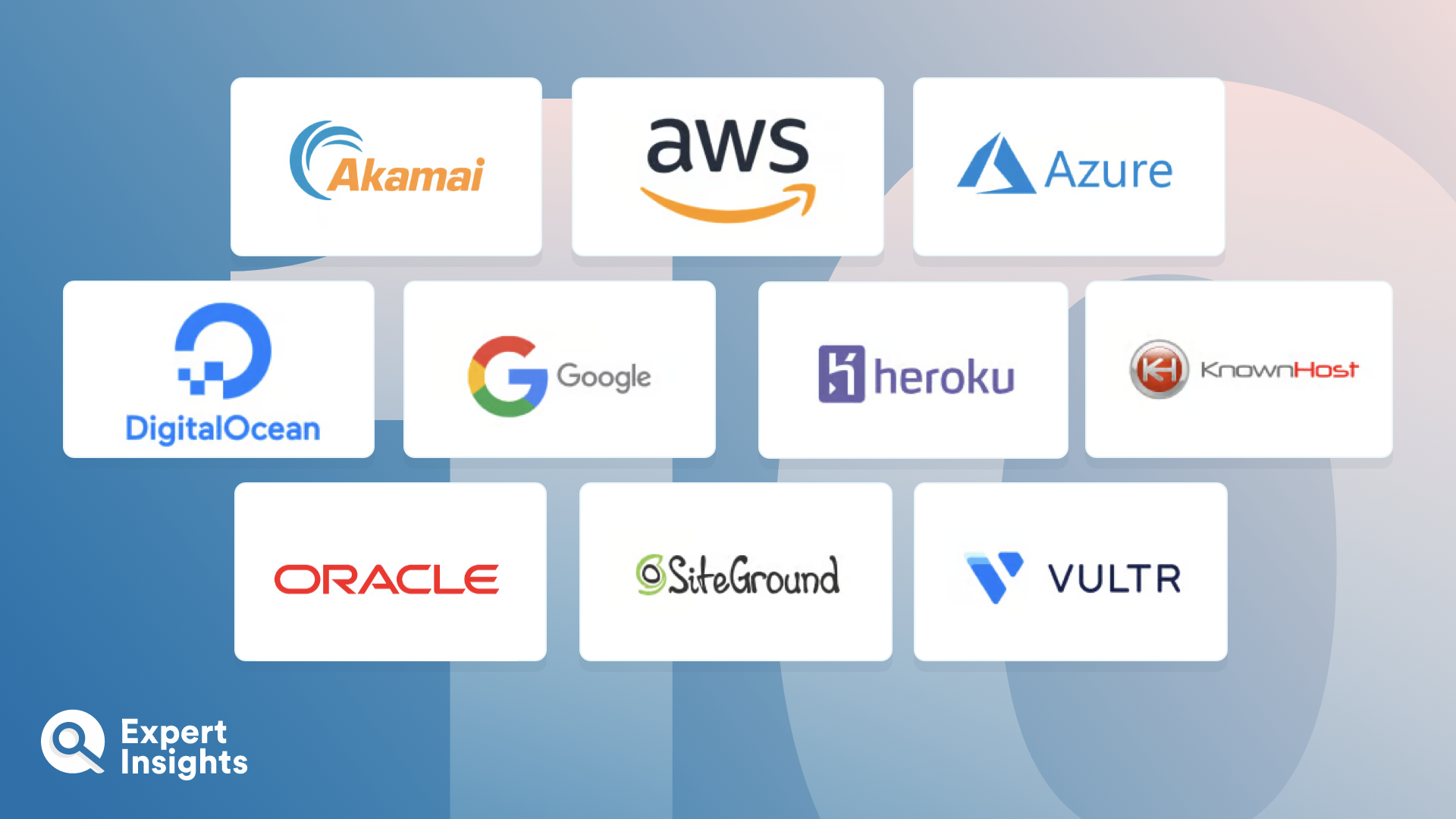In the rapidly growing enterprise cloud hosting market, businesses face the crucial decision of choosing the right solution. According to Grand View Research, the market is set to reach USD 2,390.18 billion by 2030, growing at a 21.2% CAGR. With high – stakes at play, opt for enterprise – level cloud hosting over counterfeit or regular models! Our buying guide ensures you get the best price guarantee and free installation in [Local Area]. Leading authorities like SEMrush also highlight the rising security threats. Don’t miss out on premium features and security now!
Market Analysis
Market Size
The global cloud – related markets are witnessing substantial growth, presenting both opportunities and challenges for enterprises.
Global data processing and hosting services market
The global data processing and hosting services market is a significant part of the digital ecosystem. These services are crucial for enterprises to handle large amounts of data, ensure seamless operations, and maintain high – performance standards. As enterprises continue to generate and rely on more data, the demand for robust data processing and hosting services is on the rise.
Cloud hosting service providers market
In the cloud hosting service providers market, competition is fierce. A wide range of companies offer various cloud hosting solutions, from basic hosting to highly specialized and customized services. Some of the well – known players in this market include Alibaba Cloud and Amazon Web Services, Inc. These providers offer a plethora of services such as Droplets, Kubernetes, and managed databases on platforms like DigitalOcean. Pro Tip: When choosing a cloud hosting service provider, evaluate their security features, reliability, and cost – effectiveness based on your enterprise’s specific needs.
Broader cloud computing market
The broader cloud computing market is vast and encompasses multiple segments. According to Grand View Research, the market size value in 2024 was USD 752.44 billion, and it is forecasted to reach USD 2,390.18 billion in 2030, growing at a CAGR of 21.2% from 2024 to 2030 (Grand View Research May 2024 Report). This growth is driven by the increasing adoption of cloud technologies across various industries, including Information & Communications Technology, Biotechnology, and Agriculture. For example, a biotechnology company might use cloud computing for genomics research and data storage.
Growth Rate
The growth rate of the cloud computing market, as mentioned above, is quite impressive. The high CAGR indicates a strong trend towards cloud adoption in the coming years. Factors contributing to this growth include the need for cost – efficiency, scalability, and innovation. Enterprises are increasingly realizing that cloud solutions can provide them with the flexibility to scale their operations up or down as per market demands, without incurring huge upfront costs.
Driving Factors
There are several driving factors behind the growth of the cloud hosting market for enterprises:
- Technological Advancements: With rapid advancements in cloud software products and in – house computing services, the capabilities of cloud hosting are expanding. For instance, the development of AI and Machine Learning services in the cloud, such as DigitalOcean’s GenAI Platform and 1 – Click Models, is attracting enterprises looking to leverage these technologies.
- Cost Savings: Cloud hosting allows enterprises to pay for the resources they use, eliminating the need for large – scale infrastructure investments. This pay – as – you – go model is especially beneficial for small and medium – sized enterprises.
- Security Concerns: While security is a major concern in cloud computing, advancements in cloud security technologies are also driving adoption. For example, Microsoft Defender for Cloud is a cloud – native application protection platform that helps prevent, detect, and respond to threats. As recommended by industry experts, enterprises should invest in comprehensive cloud security solutions like these to protect their data.
Key Takeaways: - The cloud computing market is growing rapidly, with a high CAGR forecasted from 2024 to 2030.
- Different segments of the cloud market, such as data processing, hosting services, and cloud providers, are all expanding.
- Technological advancements, cost savings, and security improvements are the key driving factors for enterprise cloud hosting adoption.
Try our cloud hosting comparison tool to find the best provider for your enterprise.
Security
The global cloud computing market is projected to reach a staggering USD 2,390.18 billion by 2030, growing at a CAGR of 21.2% from 2024 (Grand View Research). As enterprises increasingly rely on cloud hosting, the need for robust security measures has never been more critical.
Threats
Data theft
Data theft is one of the most significant threats in enterprise cloud hosting. Hackers are constantly looking for vulnerabilities in cloud systems to steal sensitive corporate information such as customer data, financial records, and trade secrets. For example, in a recent high – profile case, a large financial institution had its customer data stolen from its cloud storage due to a security loophole in its third – party cloud provider. A SEMrush 2023 Study shows that data breaches have been on the rise, with the average cost of a data breach reaching millions of dollars.
Pro Tip: Regularly conduct data audits to identify and prioritize sensitive information. Use encryption technologies to protect data at rest and in transit.
Unauthorized account access
Unexpected or out – of – policy access permissions are a top cloud security threat. Attackers can gain unauthorized access to user accounts by exploiting weak passwords, stolen credentials, or security flaws in authentication mechanisms. For instance, if an employee uses a simple and easily guessable password for their cloud account, it becomes an easy target for hackers.
| Threat | Impact | Prevention Method |
|---|---|---|
| Unauthorized account access | Loss of sensitive data, potential for malicious actions on behalf of the account owner | Implement multi – factor authentication, enforce strong password policies |
API – related threats
APIs are essential for enabling communication between different cloud services and applications. However, they can also be a major security risk. Attackers can exploit API vulnerabilities to gain unauthorized access to data or perform malicious actions. For example, if an API has insufficient input validation, an attacker can inject malicious code into the API calls.
Pro Tip: Use API gateways to manage and secure API traffic. Regularly test APIs for security vulnerabilities.
Protection Measures
Top – performing solutions include using a cloud – native application protection platform like Microsoft Defender for Cloud. It combines the capabilities of Cloud Security Posture Management with integrated data – aware security posture and Cloud Workload Protection Platform to help prevent, detect, and respond to threats with increased visibility into and control over the security of multicloud and on – premises resources such as Azure Storage, Azure SQL, and open – source databases.
As recommended by industry experts, enterprises should also implement proper access controls. This includes setting up role – based access, regularly reviewing access privileges, and using technologies like Identity and Access Management (IAM) systems.
Employee Training
The importance of cybersecurity awareness training for employees in business cannot be overstated. Technology alone is not enough to ensure cloud security; employees must be trained to recognize threats, adhere to security policies, and adopt best practices to prevent security breaches.
One actionable tip is to create ‘Mock’ Threats For Practice. By sending out mock cyber threats, businesses can see which departments struggle the most with identifying and responding to such threats. This allows for targeted training to improve overall security awareness.
Key Takeaways:
- Data theft, unauthorized account access, and API – related threats are major security concerns in enterprise cloud hosting.
- Implement protection measures such as using security platforms like Microsoft Defender for Cloud and proper access controls.
- Employee training is crucial for cloud security. Consider using mock threats to train employees.
Try our cloud security assessment tool to evaluate your enterprise’s cloud security posture.
Key Features
The global cloud computing market size was valued at USD 752.44 billion in 2024 and is forecasted to reach USD 2,390.18 billion by 2030, growing at a CAGR of 21.2% from 2024 to 2030 (Grand View Research May 2024 report). This exponential growth shows the increasing demand for cloud solutions, especially at the enterprise level. But what sets enterprise – level cloud hosting apart from regular hosting?
Differentiation from Regular Hosting
Tailored to Unique Business Needs
Enterprise – level cloud hosting is designed with the understanding that each business has distinct requirements. For example, a large financial institution may need specialized data storage and processing capabilities to handle high – volume transactions. In contrast, a manufacturing company may require real – time analytics for its supply chain management. Regular hosting, on the other hand, offers a one – size – fits – all approach.
Pro Tip: When evaluating cloud hosting providers, ask for case studies of similar businesses in your industry that they have served. This will give you an idea of how well they can tailor their solutions to your unique needs.
Enhanced Security
With cyber threats becoming more sophisticated, security is a top concern for enterprises. A report by SEMrush 2023 Study indicates that cloud security threats are on the rise, and enterprises are more vulnerable due to the large amount of sensitive data they store. Enterprise – level cloud hosting providers invest heavily in security measures, such as multi – factor authentication, encryption at rest and in transit, and regular security audits.
For instance, Microsoft Defender for Cloud is a cloud – native application protection platform that combines multiple security capabilities to protect multicloud and on – premises resources. Regular hosting services may offer basic security features but lack the comprehensive security infrastructure that enterprises need.
Top – performing solutions include:
| Solution | Description |
|---|---|
| Microsoft Defender for Cloud | Combines Cloud Security Posture Management and Cloud Workload Protection Platform |
| DigitalOcean Cloud Firewalls | Protects cloud resources from unauthorized access |
Reliable Performance
Enterprises rely on their cloud infrastructure to operate 24/7. Any downtime can result in significant financial losses. Enterprise – level cloud hosting providers offer high – availability guarantees, often with uptime of 99.9% or more. They have redundant data centers and advanced load – balancing technologies to ensure that applications are always accessible.
For example, DigitalOcean offers an Uptime Monitoring service to keep track of your cloud resources’ availability. Regular hosting may experience more frequent outages due to limited infrastructure and resources.
Security Measures
Employees play a crucial role in maintaining cloud security. Technology alone is not enough; employees must be trained to recognize threats, adhere to security policies, and adopt best practices to prevent security breaches. One of the most critical steps businesses can take to improve cloud security is to invest in employee training and awareness.
Step – by – Step:
- Develop a comprehensive cybersecurity awareness training program for all employees.
- Conduct regular security drills and simulations to test employees’ response to potential threats.
- Update security policies regularly to adapt to new threats and regulatory requirements.
Key Takeaways:
- Enterprise – level cloud hosting is tailored to unique business needs, offers enhanced security, and reliable performance compared to regular hosting.
- Security is a top priority, and employee training is essential for maintaining a secure cloud environment.
- Investing in enterprise – level cloud hosting can lead to better business operations and reduced risks.
Try our cloud security checklist to assess your enterprise’s cloud security readiness.
As recommended by leading cloud security experts, businesses should also adopt a continuous compliance mindset. Embed compliance checks into CI/CD pipelines using tools like Policy – as – Code to ensure that every new infrastructure change adheres to regulatory requirements, reducing the risk of non – compliance.
Scalability
The cloud computing market is booming, with a market size value of USD 752.44 billion in 2024 and a forecasted revenue of USD 2,390.18 billion by 2030, growing at a CAGR of 21.2% from 2024 to 2030 (Grand View Research). Scalability in cloud hosting is crucial for enterprises to adapt to changing business needs and optimize costs. Here are the best practices for achieving scalability in enterprise-level cloud hosting.
Best Practices
Infrastructure – related Practices
- API design: Design web APIs to support platform independence by using standard protocols and agreed-upon data formats. For example, a large e – commerce enterprise can use RESTful APIs to ensure seamless integration between different parts of its cloud – hosted system. This practice also improves response times and prevents transient faults by supporting partial responses and providing ways to filter and paginate data (Grand View Research). Pro Tip: When designing APIs, involve your development and operations teams early to ensure they meet the performance and scalability requirements.
- Data partitioning: Partition data to improve scalability, availability, and performance, and to reduce contention and data storage costs. For instance, a financial services company can partition its customer transaction data based on regions or time periods. This way, the system can handle a large volume of data more efficiently. As recommended by industry experts, regular audits of data partitioning schemes can help maintain optimal performance.
Technology – related Practices
- Autoscaling: Design apps to dynamically allocate and de – allocate resources to satisfy performance requirements and minimize costs. Use Azure platform services to host these tasks. A media streaming service can use autoscaling to adjust its server resources based on the number of concurrent viewers. During peak viewing hours, more resources are allocated, and during off – peak hours, resources are reduced. Try our autoscaling calculator to estimate the potential resource savings for your enterprise.
- Caching: Improve performance by copying data to fast storage that’s close to apps. A content – heavy news website can cache frequently accessed articles, images, and videos on the edge servers. This reduces the load on the main servers and improves the user experience.
Cost – related Practices

- Flexible resource allocation: A scalable solution enables stable, longer – term growth in a pre – planned manner, while an elastic solution addresses more immediate, variable shifts in demand. Enterprises can analyze their historical usage data to determine the appropriate mix of scalable and elastic resources. For example, a seasonal business can rely more on elastic resources during peak seasons and scalable resources during the rest of the year. Pro Tip: Regularly review your resource allocation to ensure you are getting the best value for your money.
Key Takeaways: - Scalability in cloud hosting is essential for enterprises to adapt to changing business needs and optimize costs.
- Infrastructure – related practices like API design and data partitioning can improve system performance and efficiency.
- Technology – related practices such as autoscaling and caching can enhance user experience and resource utilization.
- Cost – related practices, including flexible resource allocation, can help enterprises manage their cloud hosting expenses effectively.
FAQ
What is enterprise-level cloud hosting?
Enterprise-level cloud hosting is tailored to the distinct requirements of large businesses. Unlike regular hosting’s one – size – fits – all approach, it offers specialized data storage, enhanced security like multi – factor authentication, and high – availability guarantees (uptime of 99.9% or more). Detailed in our [Key Features] analysis, it’s designed for unique business needs.
How to choose the right cloud hosting service provider for an enterprise?
According to industry best practices, start by evaluating security features, reliability, and cost – effectiveness. Look at case studies of similar businesses in your industry that the provider has served. Compare well – known players like Alibaba Cloud and Amazon Web Services. This helps ensure they can meet your enterprise’s specific needs.
Steps for enhancing security in enterprise cloud hosting?
- Use a cloud – native application protection platform like Microsoft Defender for Cloud.
- Implement proper access controls with role – based access and IAM systems.
- Conduct employee training with mock threats. As recommended by leading cloud security experts, these steps strengthen your enterprise’s cloud security.
Enterprise-level cloud hosting vs regular hosting: What are the differences?
Enterprise – level cloud hosting caters to unique business needs, provides enhanced security through comprehensive measures, and offers reliable performance with high – availability guarantees. Regular hosting, in contrast, has a one – size – fits – all model, basic security, and may experience more outages. Professional tools are often required for enterprise – level solutions.


